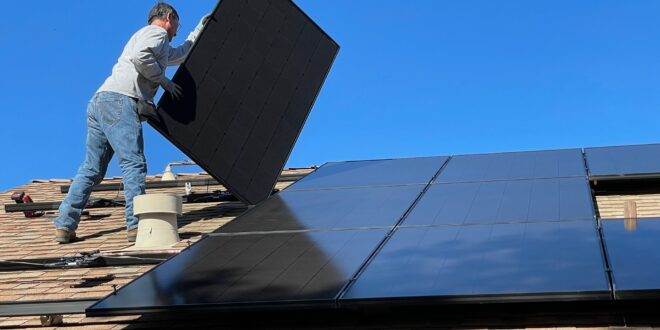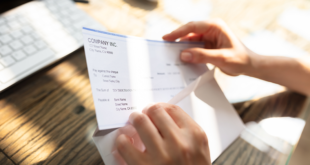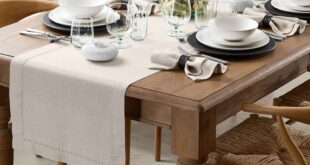The popularity and usage of rooftop solar panels have increased in the past few years, as household solar panels have become a chief investment.
Driven by a desire to cut emissions in the face of global climate change, homes and businesses across the country are pivoting from a fossil-fueled electrical grid and toward a clean energy economy.
Rooftop solar panel solutions for homes are exploding in popularity during this age of energy reform. It’s about time to give solar energy in homes the credit it deserves.
When it comes to installing solar panels, there are a few things that all homeowners should consider prior to installation. Various factors go into the installment decision. Read on to find out which are those factors and whether your house is a good fit for solar panels.
Table of Contents
1. Ownership Of Property
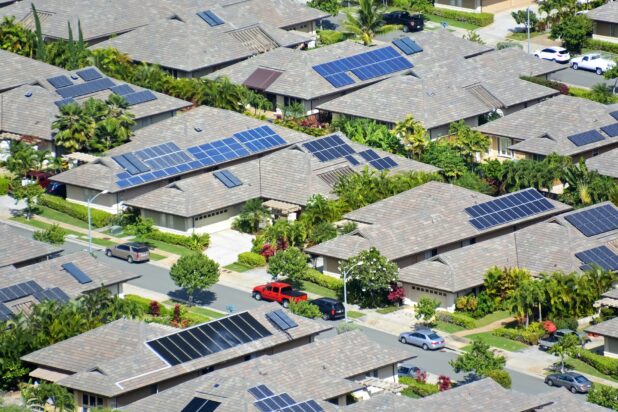
Only the owners of the property can approve the installation of a solar panel. If you own your home, you may install a solar panel system and begin reaping the benefits right away.
If you rent your property, you’ll have to talk to your landlord about it. Because only the tenant will profit financially from a solar installation, landlords may be hesitant to spend the money. They are, however, eligible for a tax deduction.
As a renter, you have some options for persuading your landlord to install solar panels. One of the advantages for a landlord is that they can boost their property’s value and charge higher rent.
It is incredibly enticing if the owner plans to sell the house within the following several years. Depending on the state, the landlord may be eligible for additional incentives such as net metering for installing solar panels.
You might also talk to the owner about leasing the solar panels. In most circumstances, the owner would not be required to make a down payment. The leasing firm is responsible for any repairs or maintenance, not the landlord.
Visit this website if you think your house is a perfect fit for solar panels.
2. Does Your Roof Enough Sunlight?
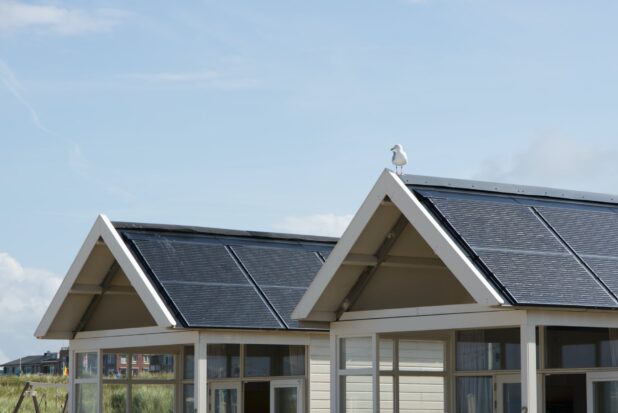
According to Applegarth, because solar panels absorb sunshine and turn it into electricity, knowing how many hours of sunlight reach your roof is critical. Roofs with a south, east, or west orientation are the most preferred. In the regions where your panels are being installed, the terrace should be clear of any impediments such as vents, antennas, chimneys, or even wooded areas.
Additional factors to consider are the roof’s angle and the size of any shade trees in your yard. Any giant trees that impede sunlight from reaching the panels may need to be removed or trimmed.
A skilled solar installer has equipment that can tell you where you stand in terms of shadow trees, chimneys, and correct panel placement, among other things. They have equipment that uses satellite photographs of your roof to chart the sun’s direction throughout the year to provide you with an accurate reading.
In some cases, a few rooftops may have less-than-ideal sunlight exposure, an improper angle, or impediments that are impossible to remove or correct. If this is the case, ground-mounted solar panels can still be used to generate electricity. While ground-level solar panel installation is more expensive, you will see a significant return on your investment.
3. Location
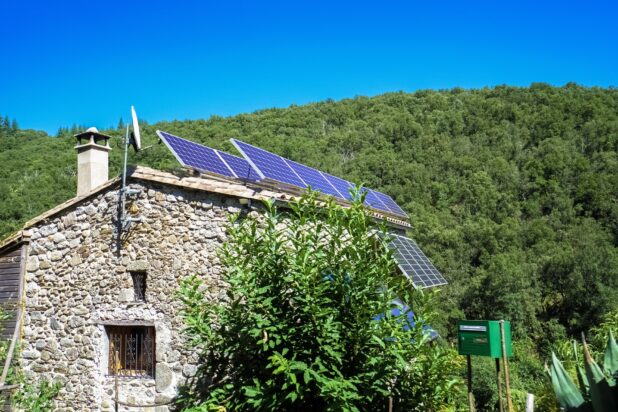
The efficacy of your solar panels, and thus the amount you save on power bills, will be influenced by where you live. Solar panels perform their best when they get 4-5 hours of sunlight. Your solar panels will provide some power even if you reside in a location with more gloomy days.
Solar panels can produce 10 to 20% of power even on overcast days. However, on certain days, due to the decreased output, you will have to rely on your local electric company for power. While this may reduce savings, lowering the amount of energy you consume from the utility provider will still result in a considerable return on investment.
The real deciding factor is the amount of sunshine you receive throughout the year. Your panels can capture energy from the sun even on overcast days. The effectiveness of solar panels is unaffected by whether you live in a hotter area or have frigid winters. The energy comes from the sun, not the temperature outside. In fact, overheating the panels might even reduce their efficiency.
4. Roof Type
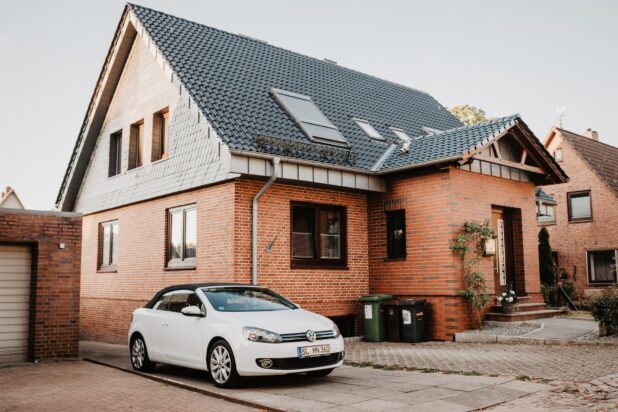
Metal roofing is ideal for solar panel installation since it already contains seams that can be drilled into the terrace’s flooring. Solar panels can also be installed on composite roofs.
Solar panels are more challenging to install on tile roofs due to the brittleness of the tiles and the risk of damaging the waterproofing barrier beneath the tiles during installation.
Individuals must not have solar panels installed on a wooden roof since they may cause a fire hazard. However, you may be able to place panels through other techniques, such as a ground-mounted system.
Because solar panels can last up to 40 years, you’ll want to make sure your roof is ready. If you require a new roof after the panels are placed, a solar specialist will have to remove the entire system and reinstall it once the rooftop is restored.
If you’re in the market for a new roof, consider including solar panels in the mix. Drilling through roof membranes or attempting to attach a new structure will not be a problem if the installation is completed simultaneously.
Conclusion
As you can see, there are many things to think about before putting solar panels on your house. The best course of action is to get advice from a reputable solar installation firm.
They can determine how much you’ll save each month based on your previous utility costs. They can also take a picture of your roof and tell you how many panels you’ll need, how much energy they’ll generate, which trees are a problem, and so on. They usually obtain this information in a matter of minutes, so there’s no reason not to get a consultation.
You’ll need to compute these things yourself if you’re installing a solar panel kit on your own or embarking on a similar project.
Read Also:
3 Reasons To Keep Birds From Nesting In Your Roof
 World Magazine 2024
World Magazine 2024
